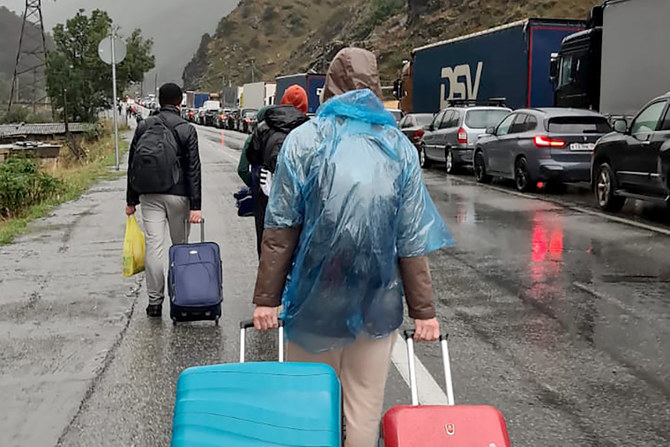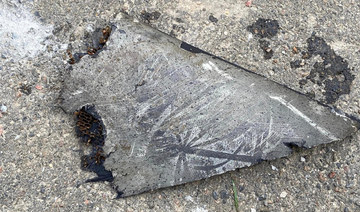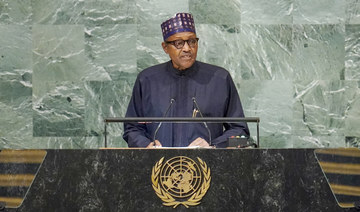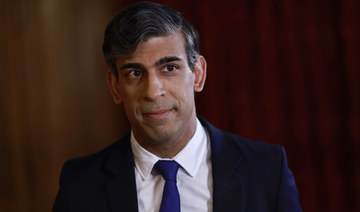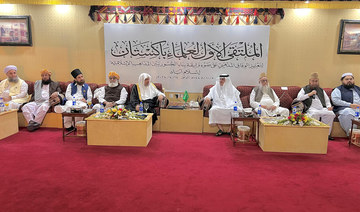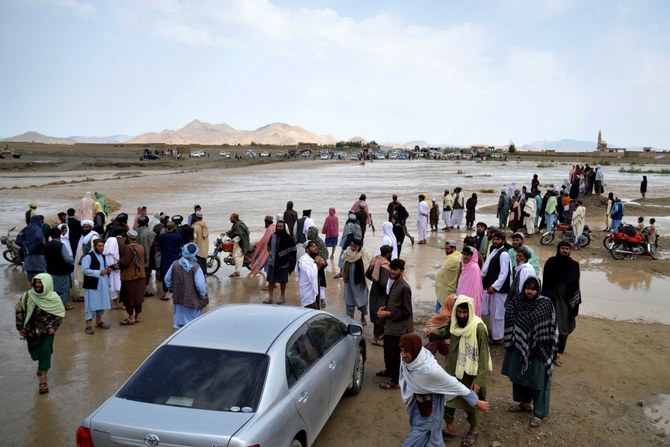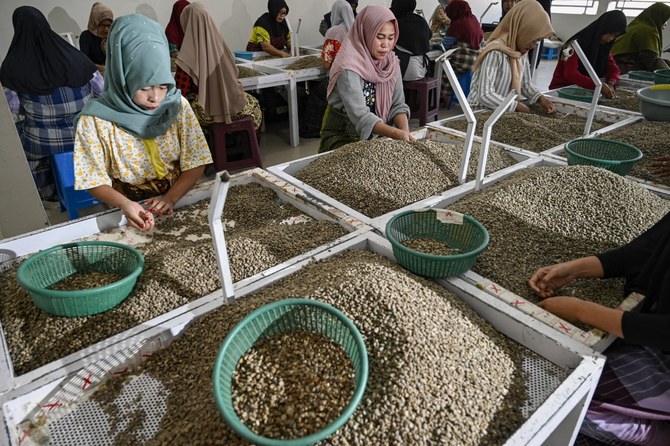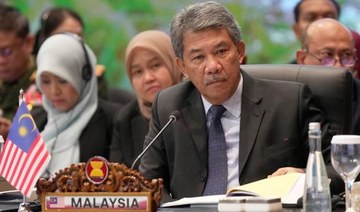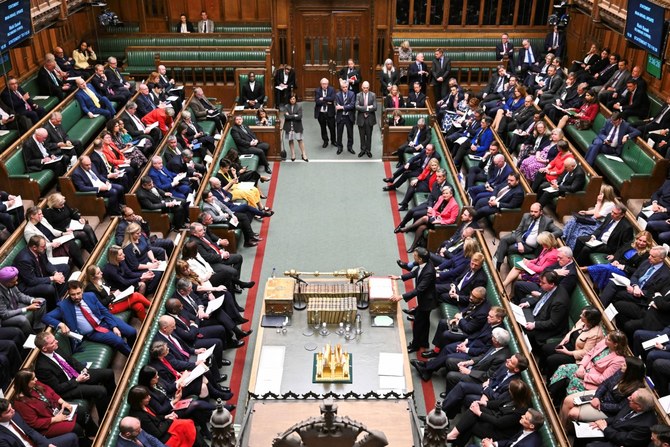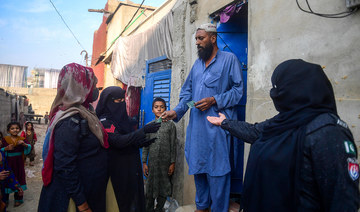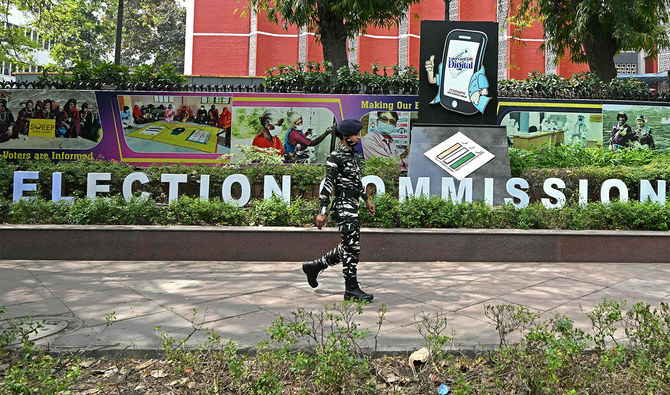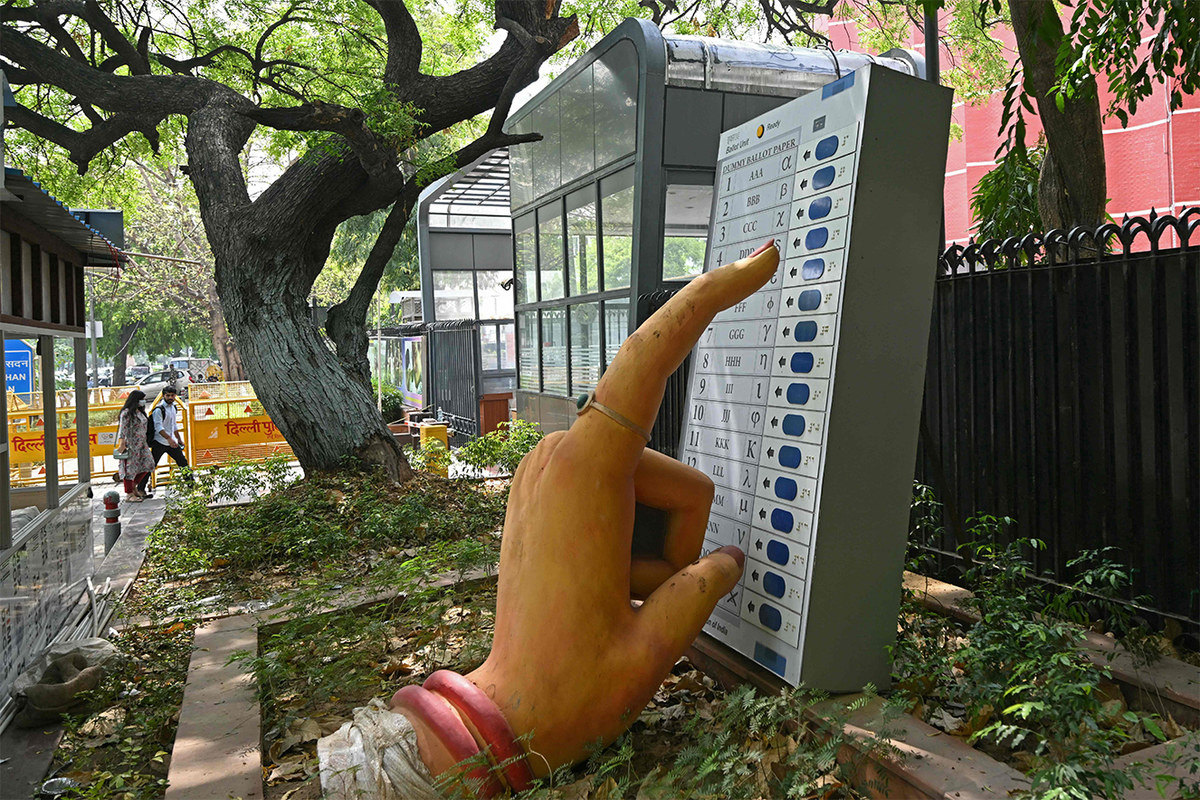KYIV, Ukraine: Russia’s rush to mobilize hundreds of thousands of recruits to staunch stinging losses in Ukraine is a tacit acknowledgement that its “army is not able to fight,” Ukraine’s president said Sunday, as splits sharpened in Europe over whether to welcome or turn away Russians fleeing the call-up.
Speaking to US broadcaster CBS, Ukrainian President Volodymyr Zelensky also said he’s bracing for more Russian strikes on Ukraine’s electrical infrastructure, as the Kremlin seeks to ramp up the pressure on Ukraine and its Western backers as the weather gets colder. Zelensky warned that this winter “will be very difficult.”
“They will shoot missiles, and they will target our electric grid. This is a challenge, but we are not afraid of that.” he said on “Face the Nation.”
He portrayed the Russian mobilization — its first such call-up since World War II — as a signal of weakness, not strength, saying: “They admitted that their army is not able to fight with Ukraine anymore.”
Zelensky also said Ukraine has received NASAMS air defense systems from the US NASAMS uses surface-to-air missiles to track and shoot down incoming missiles or aircraft. Zelensky did not say how many Ukraine received.
Although the European Union is now largely off limits to most Russians, with direct flights stopped and its land borders increasingly closed to them, an exodus of Russian men fleeing military service is creating divisions among European officials over whether they should be granted safe haven.
The partial mobilization is also triggering protests in Russia, with new anti-war demonstrations on Sunday.
In Dagestan, one of Russia’s poorer regions in the North Caucasus, police fired warning shots to try to disperse more than 100 people who blocked a highway while protesting Russian President Vladimir Putin’s military call-up, Russian media reported.
Dozens of women chanted “No to war!” in the Dagestani capital of Makhachkala on Sunday. Videos of the protests showed women in head scarves chasing police away from the rally and standing in front of police cars carrying detained protesters, demanding their release.
Women also protested in the Siberian city of Yakutsk, chanting “No to genocide!” and marching in a circle around police, who later dragged some away or forced them into police vans, according to videos shared by Russian media.
At least 2,000 people have been arrested in recent days for similar demonstrations around Russia. Many of those taken away have immediately received a call-up summons.
Unconfirmed Russian media reports that the Kremlin might soon close Russian borders to men of fighting age are fueling panic and prompting more to flee.
German officials have voiced a desire to help Russian men deserting military service and have called for a European-wide solution. Germany has held out the possibility of granting asylum to deserters and those refusing the draft.
In France, senators are arguing that Europe has a duty to help and warned that not granting refuge to fleeing Russians could play into Putin’s hands, feeding his narrative of Western hostility to Russia.
“Closing our frontiers would fit neither with our values nor our interests,” a group of more than 40 French senators said.
Yet other EU countries are adamant that asylum shouldn’t be offered to Russian men fleeing now — when the war has moved into its eighth month. They include Lithuania, which borders Kaliningrad, a Russian Baltic Sea exclave. Its foreign minister, Gabrielius Landsbergis, tweeted: “Russians should stay and fight. Against Putin.”
His counterpart in Latvia, also an EU member bordering Russia, said the exodus poses “considerable security risks” for the 27-nation bloc and that those fleeing now can’t be considered conscientious objectors since they did not act when Russia invaded Ukraine in February.
Many “were fine with killing Ukrainians, they did not protest then,” the Latvian foreign minister, Edgars Rinkevics, tweeted. He added that they still have “plenty of countries outside EU to go.”
Finland also said it intends to “significantly restrict” entry to Russians entering the EU through its border with Russia. A Finnish opposition leader, Petteri Orpo, said fleeing Russian military reservists were an “obvious” security risk and “we must put our national security first.”
Russia is pressing on with its call-up of hundreds of thousands of men, seeking to reverse recent losses. Without control of the skies over Ukraine, Russia is also making increasing use of suicide drones from Iran, with more strikes reported Sunday in the Black Sea port city of Odesa.
For Ukrainian and Russian military planners, the clock is ticking, with the approach of winter expected to make fighting much more complicated. Already, rainy weather is bringing muddy conditions that are starting to limit the mobility of tanks and other heavy weapons, the Washington-based Institute for the Study of War said Sunday.
But the think-tank said Ukrainian forces are still gaining ground in their counteroffensive, launched in late August, that has rolled back the Russian occupation across large areas of the northeast and which also prompted Putin’s new drive for reinforcements.
The Kremlin said its initial aim is to add about 300,000 troops to its invasion force, which is struggling with equipment losses, mounting casualties and weakening morale. The mobilization marks a sharp shift from Putin’s previous efforts to portray the war as a limited military operation that wouldn’t interfere with most Russians’ lives.
The mobilization is running hand-in-hand with Kremlin-orchestrated votes in four occupied regions of Ukraine that could pave the way for their imminent annexation by Russia.
Ukraine and its Western allies say the referendums in Kherson and Zaporizhzhia regions in the south and the eastern Luhansk and Donetsk regions have no legal validity, not least because many tens of thousands of their people have fled. They also call them a “sham.” Some footage has shown armed Russian troops going door-to-door to pressure Ukrainians into voting.
The voting ends Tuesday and there’s little doubt it will be declared a success by the Russian occupiers. The main questions then will be how soon Putin’s regime will annex the four regions and how that will complicate the war.



